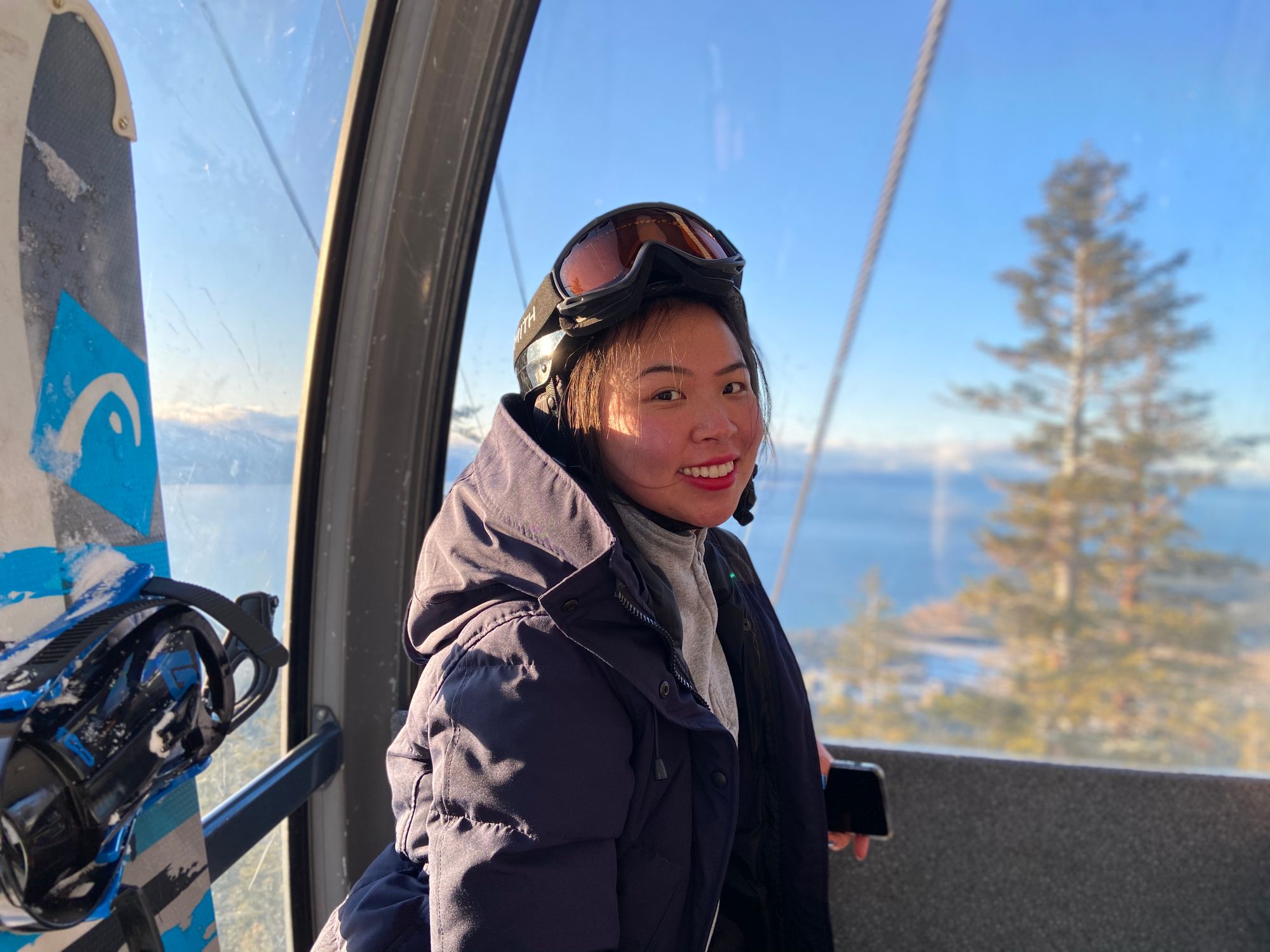
Where did you go to school?
The University of North Carolina at Chapel Hill
What was your favorite class there?
Programming wise, I found Algorithms, Security, and Internet Protocol most useful. Other than that, my favorite classes are Scuba Diving, Medieval Architecture, and Modern Literature.
What was your favorite late-night food?
Mac n’ cheese and fried chicken wings.
Why did you apply for the internship at Ripple?
I visited Ripple during a school trip in 2017 and was immediately bought into its mission and vision, and then I came across Ripple’s booth at Grace Hopper Celebration later that year which further convinced me of its great culture. I thus decided to apply for a summer 2018 internship.
Were you involved with crypto or blockchain at your school?
Not really, but I’m always interested in learning new things. In fact, all my previous internships were in different tech fields including Internet of Things (IoT), e-commerce, and cloud.
What was your biggest surprise as an intern?
The overall experience was much better than I expected and I learned so much from my internship at Ripple. Firstly, the working environment and the teams were amazing. Before Ripple, I interned at an early stage start-up and it was chaotic. Secondly, the culture and lifestyle at Ripple was just wonderful. I truly felt welcomed and was a part of the Ripple family.
What was the hardest problem you solved as an intern?
I had the chance to design and build a product from scratch. At that time, I didn’t have much related experience nor knowledge. Besides the huge amount of information I needed to learn, I was also challenged by cross-team communications because my project affected multiple stakeholders. I learned a ton from this experience and I’m truly glad I interned at Ripple.
How long have you been a permanent Ripple employee?
I just joined Ripple in February 2020. Very happy to be back!
What's the biggest difference between being an intern and a permanent employee?
I definitely feel like I am much more responsible and independent working as a full time employee now than when I was an intern. When I was an intern, I knew that even if I did something wrong it wouldn’t be terribly bad since my mentors and other teammates were still looking after me and I wasn’t touching the most crucial production projects. However, that burden is on my shoulder now. The good thing is, given the experience I now have, I feel much more confident and comfortable to say that I am mature and ready enough to take all the challenges and to own my projects.
What problems are you solving now?
I’m working on two projects. One makes the overall configuration process much more automated and seamless. Right now configuring new nodes in RippleNet requires lots of manual step-by-step work and some servers potentially have to be shut down and restarted during this process which could harm RippleNet’s overall performance. We’re using GoLang which does an amazing job in handling concurrency and is much more scalable. In the future, this project will become more of a general configuration tool to help us more efficiently configure things. The other project I will be working on provides a better way to track data within RippleNet. Essentially, we’re building a pipeline to more efficiently show the data flows in RippleNet. As of now we’re using AWS Kinesis which is wonderful for processing data but not necessarily the best nor the easiest way for the data team to analyse and track data, because (1) Kinesis stores and logs the state of the data but isn’t built to track its flow, and (2) A separate data analysis database will be much more stable and preferred than periodically fetching data from the main transaction database. With this project being built, the data team would be able to get hands on more valuable data effortlessly without negatively impairing RippleNet’s performance.



